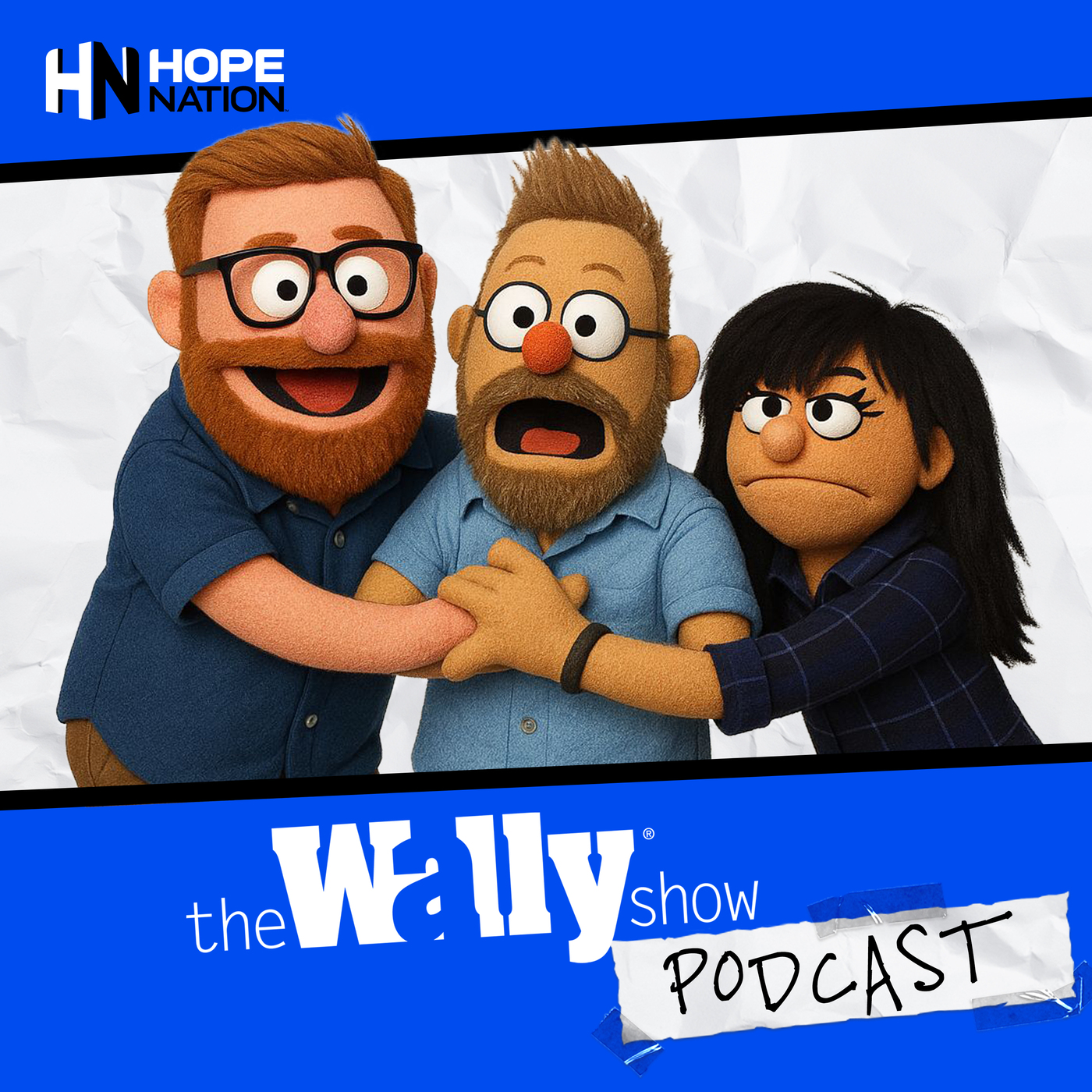Ouch! w/ Marc Maron
Friendship and Unfiltered Banter: Rollerblading, Gifts, and Emotional Punchlines
This episode opens like a backyard conversation — two longtime friends riffing on a rollerblading mishap, merch drops, and the small cruelties that live inside warm friendships. A parking-lot fall becomes the catalyst for laughter, irritation, and a surprising reveal: laughter can be a coping mechanism tied to deeper personal stress. The hosts trade playful blame, detail the prank of buying used rollerblades, and use those moments to trace how friends both wound and comfort one another.
How Comedy Rooms Shape Material: Tough Rooms, Open Mic Lessons, and Club Work
The conversation shifts into craft and context. One host emphasizes the club grind — why testing material in tough rooms like the Comedy Store proves whether jokes work anywhere. They debate the rise of clip-driven comedy and what it means to be "the platform's bitch," arguing that short video traction can compromise a comedian’s craft. The episode contrasts alt-comedy’s experimental past with today’s tribalized landscape, highlighting how different performance contexts reward different skills.
How to Test Comedy Material in Tough Rooms
They explain that the hardest clubs provide the clearest feedback: if a joke can survive a mixed crowd and still land, it’s likely solid. That process favors work ethic, adaptability, and a willingness to repeatedly shape bits under pressure.
Personal Histories: From Doorman Jobs to Celebrity Stories
Long-form reminiscence is a throughline here. One guest revisits his early days working as a doorman and doing PA work, telling vivid stories about living at comedy houses and the messy make-or-break life on the road. Drug-era anecdotes, run-ins with other performers, and backstage Hollywood glimpses ground the episode in lived-details that reveal how careers and personalities were forged in late-night rooms and chaotic production sets.
Career Choices and Creative Endings: Why a Podcast Concludes
One major thread explains why a long-running podcast was intentionally concluded. After a three-year platform deal, exhaustive interview arcs, and a sense that they had "interviewed everybody," the decision was framed as preserving the show’s legacy. The hosts describe creative fatigue, the pressure of maintaining high production standards, and a desire to end on their own terms rather than slowly fade into overextension.
From Podcast to Special: Panicked and the Kintsugi-Inspired Set
The episode closes with updates about a new HBO special titled Panicked, shot as a 73-minute set. Production choices, including a set design inspired by kintsugi — the Japanese art of repairing pottery with gold — are discussed as metaphors for creative reinvention and attention to craft.
Merch, Sponsors, and Practical Takeaways for Creators
Between the stories, there are direct product and merch moments: a new merch drop of caps, shirts, and socks, and sponsor messages about logistics and tools for independent creators. ShipStation is highlighted as a fulfillment solution for merchandising, while SimplySafe, Kachava, Ridge, OpenPhone, and Chubbies appear as branded partners woven into the episode. These segments illustrate how independent creators monetize and manage the business side of creative projects.
- Takeaway: friendships can be performative and compassionate at once, and on-stage persona often overlaps with real-life vulnerabilities.
- Takeaway: relentless club work and tough-room testing remain essential for long-form standup credibility.
- Takeaway: ending a long project can protect legacy and personal well-being rather than signaling failure.
Key points
- Turn small personal incidents into memorable story moments for authentic audience connection.
- Test new stand-up jokes in tough rooms to judge whether material works everywhere.
- Accept acting roles when emotional truth fits, even if technical expertise is limited.
- Preserve a creative project’s legacy by ending it intentionally when it feels complete.
- Use fulfillment tools like ShipStation to scale merch and simplify shipping operations.
- Recognize laughter after an accident can signal coping with stress or past trauma.
- Treat sponsor integrations as narrative moments to support independent creative projects.




